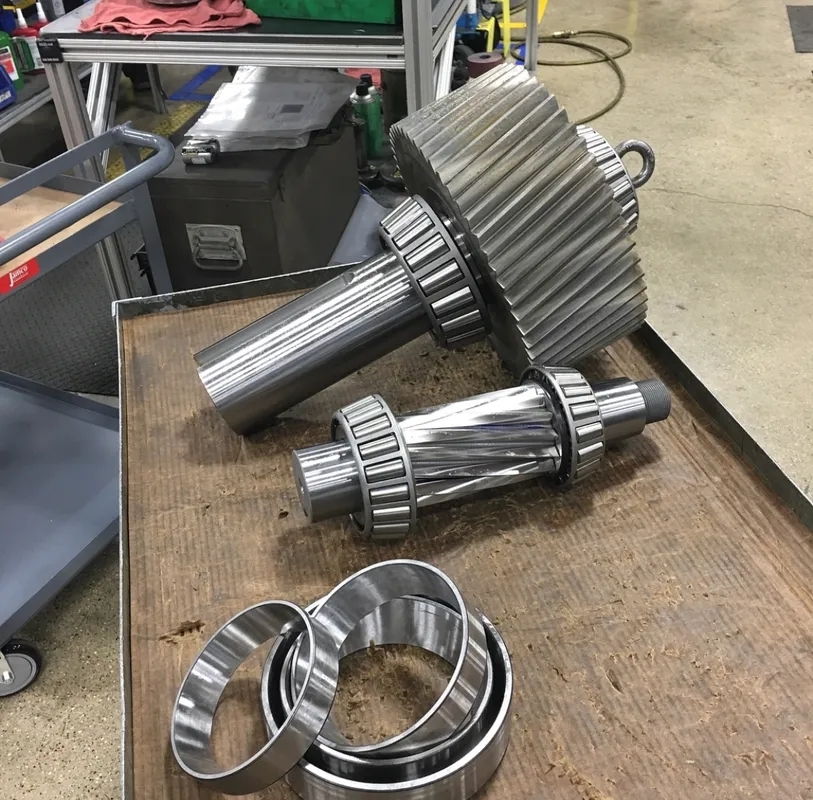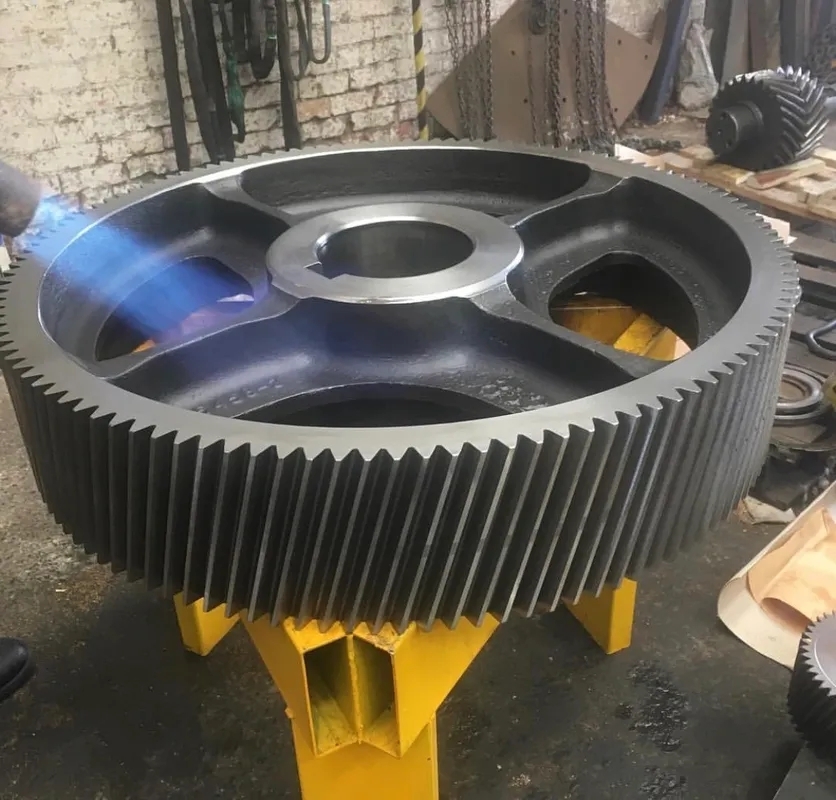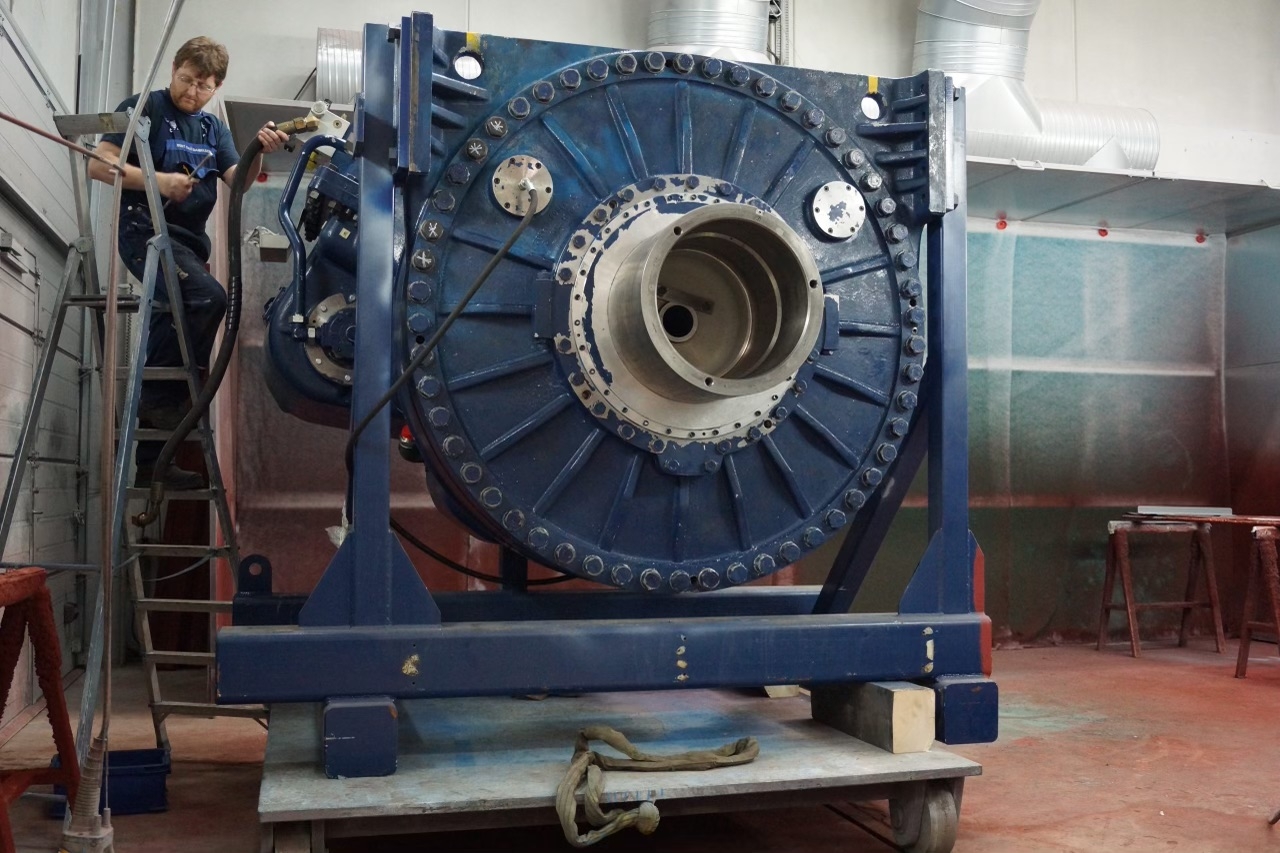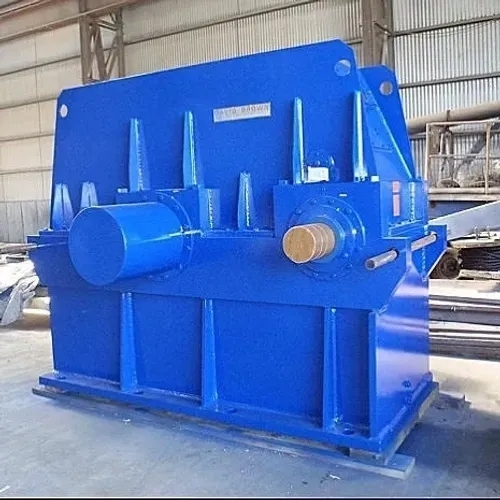

The ideal mesh size for metal casting sand sieves is typically determined based on the specific requirements of the casting process. In general, a finer mesh size is preferred to ensure proper filtration and separation of sand particles from the molten metal. Mesh sizes ranging from 20 to 100 are commonly used, with the exact size depending on the type of metal being cast and the desired level of filtration.
The replacement of sand sieve mesh can have a significant impact on the quality of the metal casting process. Over time, the mesh can become worn or damaged, leading to decreased efficiency in filtering out impurities from the sand. By replacing the mesh regularly, the sieving process can maintain its effectiveness, resulting in higher quality castings with fewer defects.
Tompkins County poised for manufacturing boom with Menlo Micro and Micron investments “Menlo Micro announced a significant investment of over $50 million to establish a fabrication facility in Lansing, near Ithaca, New York, signaling a major boost for the local manufacturing workforce.” Read more Plug Power wins $75 million grant from DOE “The Latham hydrogen … NYS Manufacturing and Tech News 3.11.24 Read More »
Posted by on 2024-03-15
We continue our blog series on the great work of our New York State assets in Advanced Materials across the state. This week, we feature the work of Rensselaer Polytechnic Institute (RPI) in Troy, NY, and their work on next generation building technology with an aim to decarbonize the built environment. This includes working with … Advanced Materials Strengths and Assets in NYS: Focus on Rensselaer Polytechnic Institute Read More »
Posted by on 2024-02-28
Embark on an enlightening exploration of New York’s economic transformation with special guest Alyson Slack from MRB Group, as we uncover the past and present of the state’s manufacturing sector. Together with FuzeHub’s Steve Melito we chart the course from a robust production history to a burgeoning service-oriented economy, all while acknowledging manufacturing’s lasting contributions … Podcast: Building Better Economies Read More »
Posted by on 2024-03-18
New $25M beauty manufacturing and innovation hub for Black- and women-owned businesses coming to Brooklyn Navy Yard “The Brooklyn Navy Yard is set to be home to a new $25 million state-of-the-art manufacturing, incubator, and accelerator facility focused on helping Black- and women-owned health and beauty businesses launch and grow in New York City.” Read … NYS Manufacturing and Tech News 3.4.24 Read More »
Posted by on 2024-03-08
In our third feature in our New York State Assets blog series on Advanced Materials, we focus on the groundbreaking work at the University at Buffalo. Their Department of Materials Design and Innovation focuses on accelerating lab discoveries into practical engineering applications. They are pioneering new approaches in material science education and research, leveraging technologies … Advanced Materials Strengths and Assets in NYS: Focus on University at Buffalo Read More »
Posted by on 2024-03-06
When replacing the mesh in metal casting sand sieves, it is recommended to use materials that are durable and resistant to high temperatures. Stainless steel mesh is a popular choice due to its strength and corrosion resistance, making it ideal for withstanding the harsh conditions of the casting process. Other materials such as brass or bronze may also be used for specific applications.

Signs that indicate the need for replacing the mesh in metal casting sand sieves include visible tears or holes in the mesh, decreased sieving efficiency, and an increase in the amount of impurities present in the castings. Regular inspection of the mesh for signs of wear and tear can help identify when replacement is necessary to maintain the quality of the casting process.
The design of the mesh in metal casting sand sieves can greatly affect the efficiency of the sieving process. Factors such as mesh size, shape, and spacing all play a role in determining how effectively the sieve can filter out unwanted particles from the sand. A well-designed mesh can improve the overall quality of the casting process by ensuring that only clean sand is used in the mold.

There are different types of mesh patterns available for metal casting sand sieves, each influencing the sieving process in unique ways. Common mesh patterns include square, rectangular, and diamond-shaped, with variations in the size and spacing of the openings. The choice of mesh pattern can impact the flow of sand through the sieve and the level of filtration achieved during the casting process.
To prolong the lifespan of the mesh in metal casting sand sieves, regular maintenance practices should be followed. This includes cleaning the mesh after each use to remove any buildup of sand or debris, inspecting the mesh for signs of wear, and replacing it when necessary. Proper storage of the sieves in a dry and clean environment can also help prevent damage to the mesh and ensure optimal performance during the casting process.

To ensure reliability in equipment repairs, the technician follows a strict protocol that includes thorough diagnostics, using high-quality replacement parts, adhering to manufacturer guidelines, conducting regular maintenance checks, and staying up-to-date on the latest industry standards. The technician also keeps detailed records of all repairs and maintenance performed, conducts rigorous testing before returning the equipment to the customer, and provides a warranty on all work completed. By following these measures, the technician can guarantee the reliability of the equipment repairs and ensure the satisfaction of the customer.
Yes, the company offers specialized repairs for industrial air handling units, including services such as troubleshooting, maintenance, replacement of components, and upgrades for HVAC systems in commercial and industrial settings. Our team of experienced technicians is trained to work on a variety of air handling units, including rooftop units, air handlers, exhaust fans, and ventilation systems. We use advanced diagnostic tools and techniques to identify and address issues with efficiency, airflow, filtration, and temperature control. Additionally, we provide customized solutions to optimize the performance and energy efficiency of industrial air handling units, ensuring a comfortable and healthy indoor environment for employees and customers.
Industrial pump maintenance services typically include routine inspections, lubrication, alignment checks, vibration analysis, and performance testing. These services help ensure the pumps are operating efficiently and effectively, reducing the risk of breakdowns and costly repairs. Additionally, maintenance may involve replacing worn or damaged parts, such as seals, bearings, and impellers, to prolong the lifespan of the pump. Regular maintenance also includes monitoring fluid levels, pressure, and temperature to identify any potential issues before they escalate. Overall, industrial pump maintenance is crucial for maximizing productivity and minimizing downtime in industrial settings.
The company specializes in repairing various models of die casting machinery, including but not limited to Toshiba, Buhler, Frech, Italpresse, and Idra machines. Our team of experienced technicians is trained to work on a wide range of die casting equipment, ensuring that each repair is completed efficiently and effectively. Whether it's troubleshooting electrical issues, replacing worn-out parts, or performing routine maintenance, our experts have the knowledge and skills to handle any repair job. With a focus on precision and quality, the company is dedicated to providing top-notch service for all die casting machinery models.